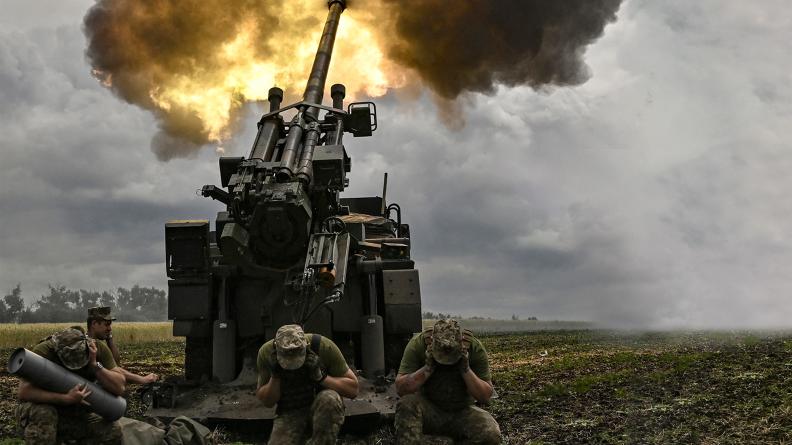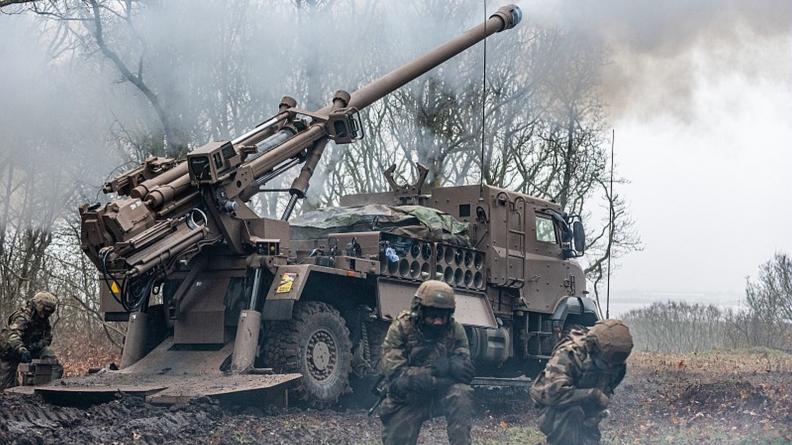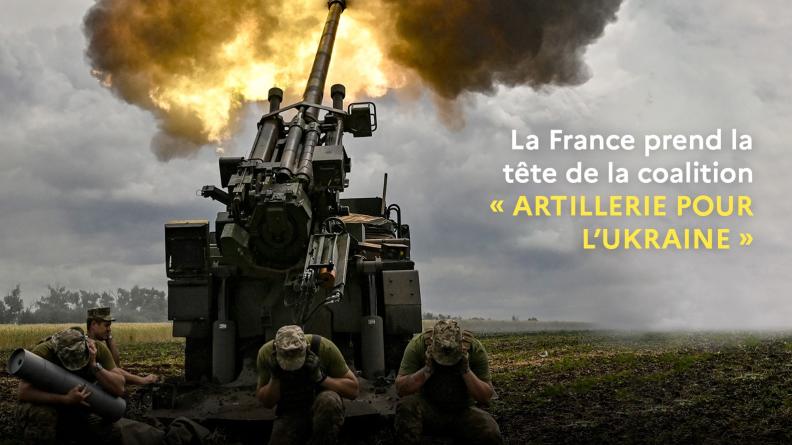[SPDMM 2023] Working together against hybrid threats in the South Pacific
The South Pacific Defence Ministers’ Meeting (SPDMM) ended on 6th December in Nouméa. What where the stakes of the debates? Three round tables – “analysing”, “anticipating” and “operating” – were organized over two days to discuss topics of common interest. Explanations.
“Analysing together” was the name of the first round table organised in the framework of the South Pacific Defence Ministers’ Meeting. What does it mean? Putting in common the visions of each Member State regarding the security stakes threatening the South Pacific, but also the tools and state-sponsored legal frameworks. A common concern presided over all debates: the multiplicity of crises. Climate change is the main challenge to be taken up and natural disasters make the States more fragile, all the more so since they are sometimes struck by other crises.
Latest example: in March 2023 the Vanuatu archipelago was struck by a 6.5 magnitude earthquake followed by two hurricanes in a row. The country, with its 320,000 inhabitants, was placed in a state of emergency. Humanitarian support had to be deployed but Vanuatu is an archipelago made up of 83 islands. The deliveries thus had to be dispatched from the capital city to the most isolated populations. The French armed forces in New Caledonia were mobilised. Less than two days after the disaster, a French Navy ship was deployed from New Caledonia with 10 tons of humanitarian support. Two military flights enabled to deliver 10 additional tons of freight.
This operation confirmed the importance of the armed forces in crisis management after violent climate events. It also underlined the importance of regional co-ordination. The activation of the FRANZ diplomatic set up, the trilateral partnership between France, Australia and new Zealand for emergency co-operation in case of natural disaster in the South Pacific, enabled to well co-ordinate the delivery of the support coming from these three countries. Vanuatu belongs to the Pacific “ring of fire” where the tectonic plates collide. The island is considered as one of the countries most exposed to natural disasters. Beyond the damage they induce, when those extreme phenomena hit a State, they make it more vulnerable to destabilisation attempts. The stakes thus become hybrid and diverse.
Deployment capability
Faced with the impact of climate change, the armed forces have an invaluable capability: that to be deployed. Their logistic and command capabilities as well as their ability to access the disaster-stricken areas is an action lever to rescue the population in case of natural disasters. For the French Armed Forces Minister, Sébastien Lecornu, it requires a modernisation of the assets.
The threats on the fishing resources have also been discussed. “Illegal fishing was already discussed during the first round table and mentioned on several other occasions”, confirmed Commodore Geoffroy d’Andigné, commander of the Asia-Pacific area and of the French forces in French Polynesia. France wants to strengthen the crossed-embarkation set ups with the other South Pacific States in order to create strategic intimacy between the sailors. According to Commodore d’Andigné, “France’s proposition is very interesting, and the reactions of the participants on this topic show that it is especially welcome”.
Anticipation and co-ordination
After analysis, common anticipation was the theme of the second round table. Anticipating is key to react quickly and efficiently in case of crisis. France suggests to further the sharing of information between Member States. For Major General Eric Peltier, general officer in charge of international military relations, “this is not a new topic, since we have been sharing information for 10 years already, but we have to do more of it and in a more structured way”. There are multiple benefits: multiplication of the sources, more accurate and reliable knowledge of the environment. “Sharing data also means having a common analysis and understanding of the situation. This in turn enables to operate together to dedicate the proper assets at the right place depending on the threat”, the general added.
Operating together was the theme of the third round table. “It is a necessity, faced with the multiplication of the crises. To do that, we must reinforce our co-ordination and even our integration with the dedicated assets”, explained Major General Peltier. Regional exercises such as Povai Endeavour, organised by SPDMM in 2015, are a lever to reinforce interoperability between Member States. Exercise Croix du Sud, organised by the FANC, is a good example of that. Along that line, the debates have validated the French project to create a training framework for the SPDMM Member States. The Armed Forces Minister took this opportunity to present the Academy of the Pacific, the military side of which will propose practical and technical training courses to military personnel from the region’s countries.
By Laura Garrigou, in Nouméa
[SPDMM 2023] South Pacific Defence Ministers’ Meeting
Countries represented, security issues and forces present: discover our file from the 2023 edition marking the 10th anniversary of this summit.
Read the articlesFeatured
French Military Equipment Delivered to Ukraine
The data below show the quantitative list of French military equipment delivered to Ukraine from the start ...
March 04, 2024

Artillery coalition “helping Ukraine built its future artillery”
Major-General Jean-Michel Guilloton took the lead of the “Artillery for Ukraine” coalition launched on 18
January 25, 2024

Ukraine: the artillery coalition has been launched
On Thursday, 18th January, the Armed Forces Minister, Mr Sébastien Lecornu, has launch...
January 18, 2024
